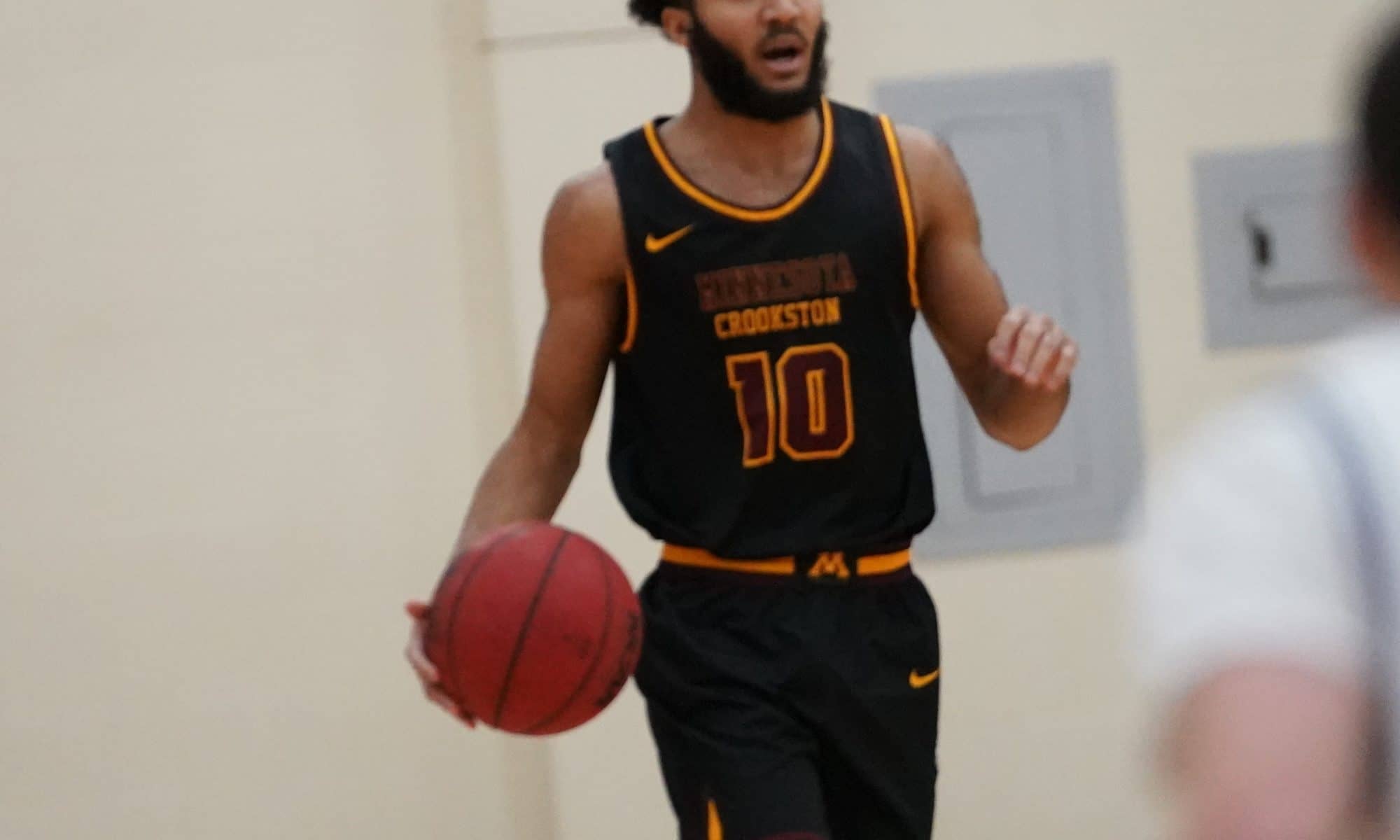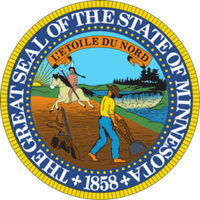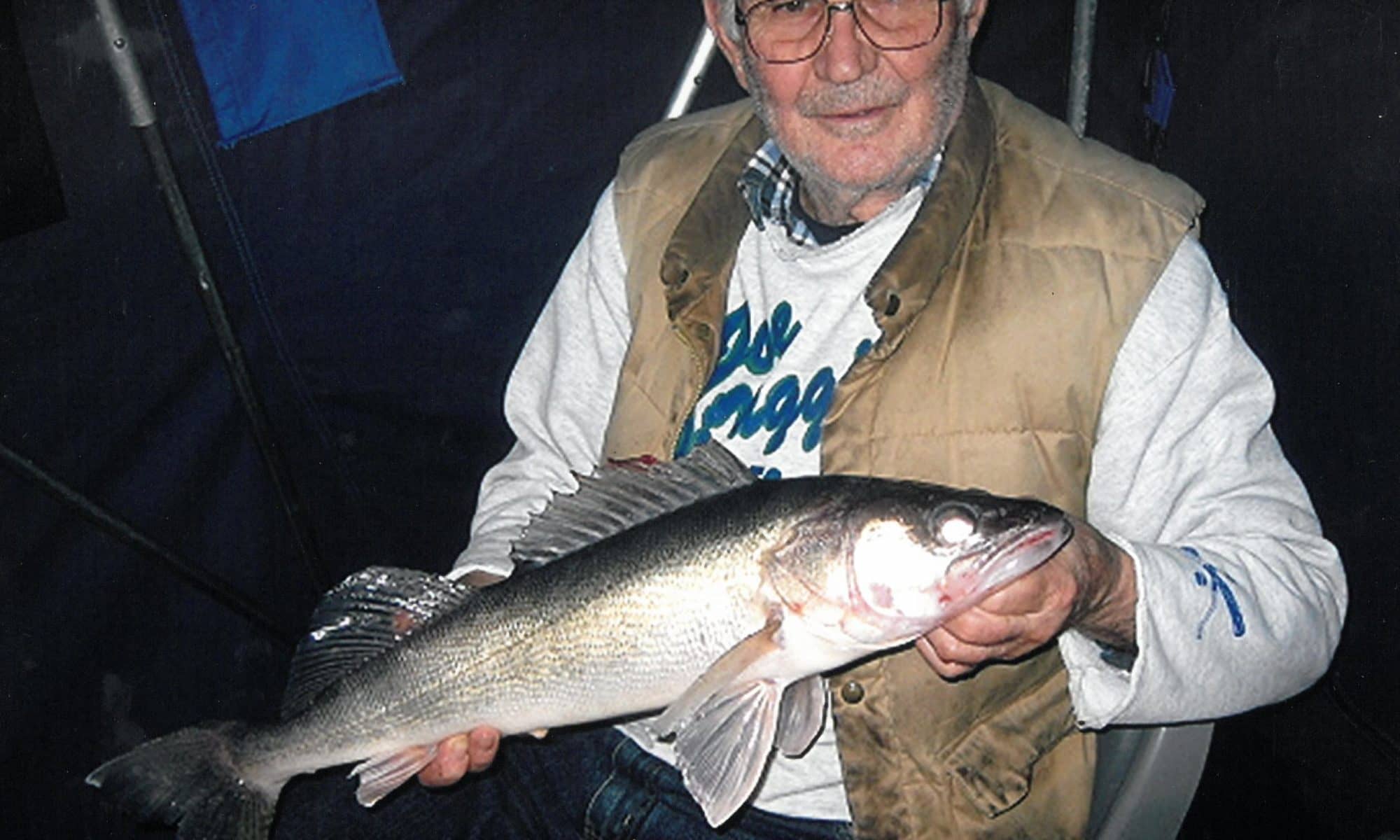Governor Tim Walz today announced a series of emergency measures to provide more support to Minnesota hospitals as they deal with high patient counts brought on by the Omicron variant of COVID-19.
Governor Walz announced that he has secured a fourth federal medical team, to support Abbott Northwestern Hospital in the Twin Cities and that more than 200 nurses and respiratory therapists are arriving to provide stopgap care at short-staffed Minnesota hospitals.
The measures will expand hospital capacity as Minnesota healthcare providers manage staffing and bed shortages during this case surge. Hospitalizations have risen as cases increased due to the Omicron variant: as of Wednesday, Minnesota hospitals are treating more than 1,540 COVID-19 patients, more than 50% percent higher than one month ago.
“The Omicron variant has been incredibly difficult for our hospitals, who are treating a surge of patients while dealing with COVID-19 outbreaks among their employees,” said Governor Walz. “They asked for help, and we are providing it by bringing in more short-term emergency personnel to relieve our exhausted hospital staff. My deepest gratitude goes out to Minnesota’s hard-working doctors, nurses, and hospital staff who are persevering through unprecedented circumstances to treat their patients.”
“We’re working hand in hand with Minnesota hospitals to ensure they can effectively and safely treat their patients during this COVID-19 case surge,” said Lieutenant Governor Peggy Flanagan. “Our administration is using every tool at our disposal to get resources to hospitals, supporting Minnesota’s hard-working doctors and nurses and making sure patients get the care they need.”
“This pandemic response continues to be an all-hands-on-deck effort, and we deeply appreciate the help of our federal partners as well as the heroic service of our doctors, nurses, and other care providers,” Minnesota Commissioner of Health Jan Malcolm said. “We need all Minnesotans to do their part by taking those actions we know help reduce the spread of this disease – getting vaccinated and boosted, masking up, staying home when sick, and getting tested when appropriate.”
Fourth Federal Medical Team to Arrive this Weekend
At Governor Walz’s urging, the federal government has provided a fourth emergency medical team to support hospital operations in Minnesota, this time at Abbott Northwestern Hospital in Minneapolis.
A team of 23 doctors, nurses, and hospital personnel from the Department of Defense (DoD) will arrive on Saturday to provide care and relieve Abbott Northwestern staff. The team will be on site for 30 days.
“Abbott Northwestern Hospital is grateful for this support to care for additional patients and better meet the needs of our community,” said Carol Koeppel-Olsen, Vice President of Patient Care Services at Abbot Northwestern Hospital. “We look forward to having them join our dedicated teams and we appreciate their service.”
Previously, federal medical teams have provided staffing support at HCMC, M Health Fairview Southdale Hospital, and St. Cloud Hospital.
199 Nurses Arrive to Provide Short-Term Care
Governor Walz also announced an additional wave of nurses and other healthcare workers are arriving in Minnesota to provide short-term care at hospitals dealing with staff outbreaks of COVID-19.
Last week, the first wave of 106 registered nurses and respiratory therapists began arriving at hospitals around Minnesota. Since then, another 95 nurses have signed on to provide care. In total, 201 registered nurses and respiratory therapists will work at 32 hospitals around the state.
Governor Walz is using $40 million in American Rescue Plan funding to hire emergency staff to provide care at hospitals dealing with staff shortages during the current COVID-19 case surge.
The Minnesota Department of Health (MDH) secured the staffing support and is directing nursing teams to hospitals identified by regional healthcare providers as most in need of emergency personnel. The medical personnel will work up to 60 hours per week for 60 days to provide care for patients.
Supporting Our Hospitals and Long-Term Care Facilities
The Walz-Flanagan Administration is implementing a multi-faceted action plan to support Minnesota hospitals and long-term care facilities facing staffing shortages and increasing COVID-19 caseloads.
Since October, the Walz-Flanagan administration has done the following to expand hospital capacity and relieve staffing shortfalls:
- Launched alternative care sites across the state to treat non-critical patients who no longer need to be hospitalized. By transferring non-critical patients to alternative care sites to continue their recovery, hospitals can treat more critical cases. This initiative has opened 85 beds in Minnesota hospitals;
- Secured federal emergency staffing teams to relieve staff at four Minnesota hospitals;
- Deployed more than 350 National Guard members to serve as skilled-nursing response teams. These teams have provided staffing support at 38 total long-term care facilities around Minnesota. As of Thursday, January 27, Guard members are staffing nine facilities.
- Launched an initiative to recruit, train, and deploy 1,000 new certified nursing assistants to Minnesota long-term care facilities;
- Distributed $50 million in federal American Rescue Plan funding available for immediate emergency grants to long-term care facilities to hire and retain employees; and
- Directed the Department of Human Services to free up capacity at state-operated long-term care facilities.
Staying Safe to Support Our Hospitals
As the Omicron variant spreads in our state, every Minnesotan has a role to play to support hospitals and long-term care facilities.
- Get Vaccinated. Minnesotans age 5 and up can be vaccinated. The vaccine can help keep you out of the hospital if you get sick, and that will make life a little easier on our doctors, nurses, and care providers. Find vaccines for the whole family at mn.gov/vaccine.
- Get Boosted. All Minnesotans 12 and older should get a booster when they are due (five months after receiving Pfizer or Moderna, and two months after receiving Johnson & Johnson). Researchers believe the Omicron variant is more transmissible than previous variants, but getting fully vaccinated and boosted significantly increases protection against severe illness or death from infection.
- Get Tested. To avoid spreading the virus, get tested if you feel ill. Take advantage of one of the many free testing options the state has to offer, or head to your local clinic or pharmacy. Testing options are available at mn.gov/covid19.
- Stay Safe. Wear your mask while traveling and in indoor public settings like a grocery store, a shopping mall, or a school. Wash your hands, and do your best to avoid crowded indoor spaces before gatherings — especially with high-risk loved ones and children under 5 who can’t be vaccinated.
The post GOVERNOR WALZ ANNOUNCES NEW EFFORTS TO SUPPORT MINNESOTA HOSPITALS DURING OMICRON CASE SURGE appeared first on KROX.









